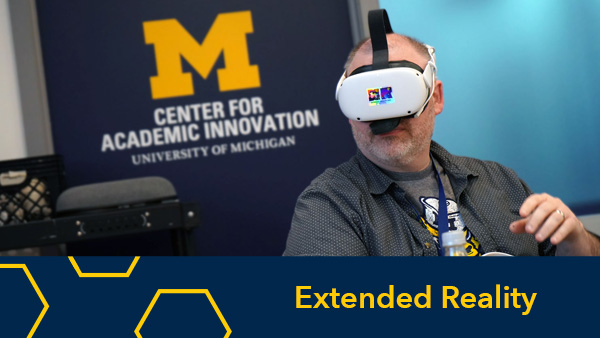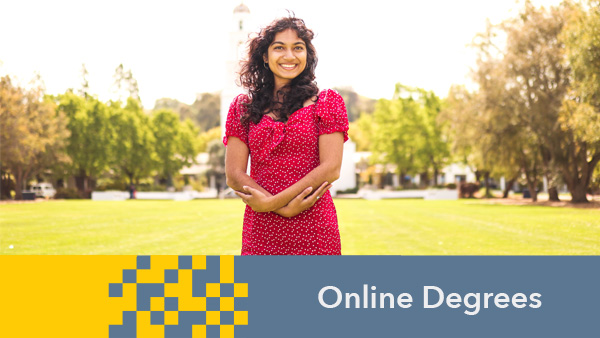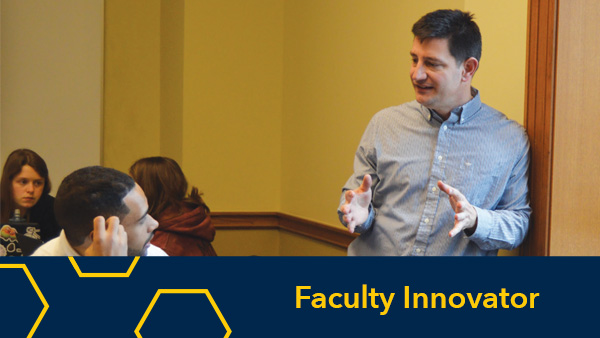Barry Fishman, Gautam Kaul, Mika LaVaque-Manty, Tim McKay, David Mendez, and James DeVaney
If you were to redesign the residential education experience for this century — for this crowded, connected world — what would it look like? What would a great public research university offer to learners, to instructors, and to the many different audiences it serves? How do we prepare learners for a complex, multi-cultural, and uncertain world faced with problems that require interdisciplinary and creative thinking? How do we make quality education accessible and available to all? What is a post-industrial model of education? What is the Michigan Difference for the 21st century learner? How does a leading public university continue to best serve its state, nation, and world? The six of us are committed to collaborate with the Digital Innovation Advisory Group (DIAG), the Office of Digital Education & Innovation (DEI), and partners across campus to propose answers to these questions in the year ahead.
DIAG members imagine a residential education experience that leverages all that we’re learning from experimentation at the intersection of digital learning and learning analytics. The possibility of personalized learning, gameful design, rich data for decision making, lifelong and lifewide learning, and the strongest possible connections between research and teaching motivates us to reimagine the residential education experience. Such a learning environment would make the resources of the university available to the broadest possible range of learners, advancing the vision of equitable and advanced education for all.
We also understand that our imagination can only become reality if we embrace the most difficult questions. We therefore envision a space for experimentation and rule-breaking, preferencing simulation and experience over content delivery, credit hours, and seat time. The University has created bold experiments in residential education before, for example creating the Honors Program and the Residential College within LSA. To give these ideas concrete shape, the DIAG will develop a proposal for an experimental unit that exists independently within the university, but is positioned to both leverage and serve the best goals of the entire university.
As DIAG embarks on a new academic year, we seek to provide advice to the Office of the Vice Provost for Digital Education & Innovation to help achieve its vision: To shape the future of learning and redefine public residential education at a 21st century research university by unlocking new opportunities and enabling personalized, engaged, and lifelong learning for the U-M community and learners around the world. To do this, we’ve organized DIAG into four subcommittees:
- Residential Programs, Innovations and Tools (Chair: Mika LaVaque-Manty)
- Digital Courses, Innovations and Platforms (Chair: Gautam Kaul)
- Personalized Learning and Analytics (Chair: Tim McKay)
- Digital Infrastructure at Scale (Chair: David Mendez)
These subcommittees will provide advice across a range of strategic and policy questions. We will engage these subcommittees, and the rest of campus, in activities designed to explore the potential of a truly differentiated educational experience that highlights the best that Michigan has to offer the 21st century learner. In conjunction with the new Academic Innovation at Michigan series, organized by DEI, we will engage innovators from across and beyond our campus in exploring and questioning new and interesting models for residential education.
The University of Michigan has a long track record of celebrating our past, questioning the present, and staking out bold positions and direction for the future. We look forward to the year ahead as we tackle this most fascinating question about the future of residential education. Stay tuned for updates, and we look forward to many opportunities to engage with our vibrant and innovative academic community.


